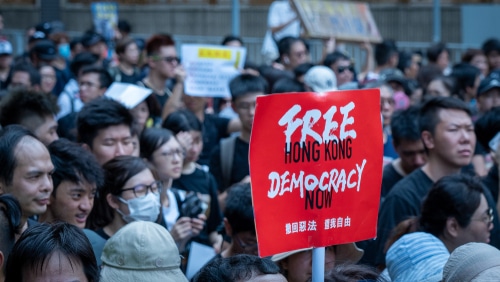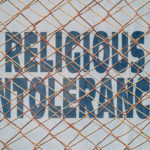Political crisis in Hong Kong, 300 protesters against China arrested

Jimmy Siu / Shutterstock.com
The police arrested at least 300 protesters in Hong Kong who were demonstrating against the disputed national security act. China hinted a national security act for Hong Kong during its annual parliamentarian meeting. According to AFP, a news agency, the police sprayed black pepper liquid on the protesters. They also stopped students and other residents who were taking part in the protest.
According to the news sources, the police arrested some demonstrators after checking them thoroughly. Thousands of police officials were on the roads to stop the planned protest. The protestors chanted slogans against the national anthem of China and national security law. They gathered around the building of the legislative council and suspended transport.
The members of the legislative council were arguing on the national anthem bill there. The organizers of the planned protest urged people on social media to keep walking on the street like ‘water’. The Hong Kong Free Press (HKFP) wrote on Twitter, “At least 50 people are being held by police outside Hysan Place in Causeway Bay. It is unclear if they are under arrest.”
The organizers also advised protestors, “It will be hard to stop the session on national anthem bill without arrests. You can at least give statements against the bill.” The protesters gathered again after noon when the police officials arrested 180 of them including students of the schools. The police officials alleged the protestors of throwing different objects on them and setting some material on fire.
The protesters chanted, “Hong Kong’s freedom is the only solution.” A Twitter user wrote in his tweet that the protestors had gathered in Hysan Place due to the extraordinary security. A 74-year-old lady said, “They are compelling us to raise our voices. It is time to talk against them.” The United Kingdom did handover this region to China in 1991. China has been governing Hong Kong on the principle of ‘One Country, Two Systems’.










